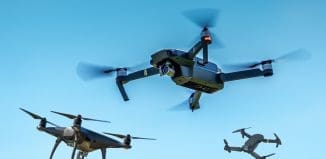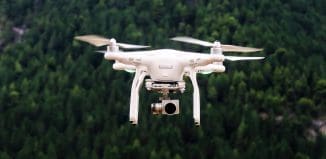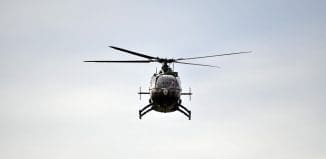Nigera Wants Drones to Look For Kidnapped Girls
This post is also available in:  עברית (Hebrew)
עברית (Hebrew)
Unmanned systems 2014 – The Nigerian government has asked the U.S. to provide it with drones, to aid in the search efforts for the girls kidnapped by Boku Harram militants.

The United States government is currently discussing a Nigerian government request to provide the African nation with intelligence and surveillance drones, aimed at locating and saving the hundreds of female students held hostage by the terrorist organization in northern Nigera. According to Reuters experts from the U.S. and Britain have already reached Nigera – among them military officials, law enforcement officers and intelligence agents. U.S. Department of State representatives consfirmed that they have received the Nigerian request. In addition, recent reports confirmed the presence of U.S. drones in the region, deployed to aid the French army in its missions in Mali. Drones have already aided humanitarian efforts before, during the Fukushima nuclear disaster and the Haiti earthquake.
Not all experts believe that deploying drones will actually be effective in this case. One military expert stated that technically it makes sense, because “you can see places and things that are normally out of reach.” Drone payloads can include cameras and infrared sensors to detect humans, and this information can reveal the number of people, their activities and anything suspicious. In this way the Nigerian government could find out where the students are held.
iHLS – Israel Homeland Security
Other experts believe that before deploying the drones the Nigerian government should open its airspace, and that it’s better to collect intelligence having to do with the location of the kidnapped girls – otherwise it’s using drones to look for a needle in a haystack. The solution, according to the experts, is to first gather intelligence using informants and other traditional methods, deploying various technological tools only at a later stage.































